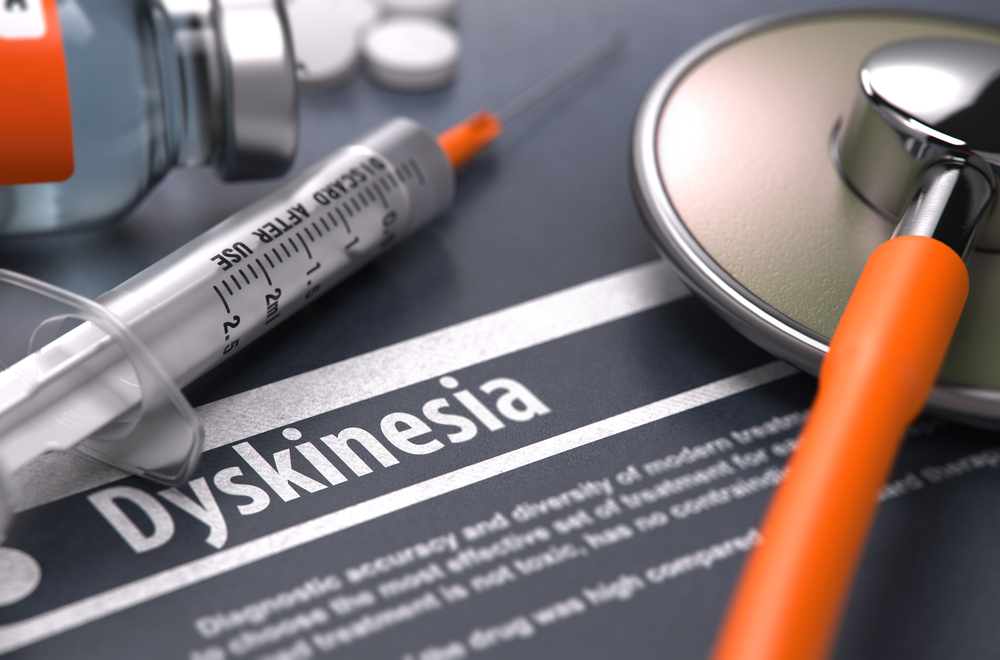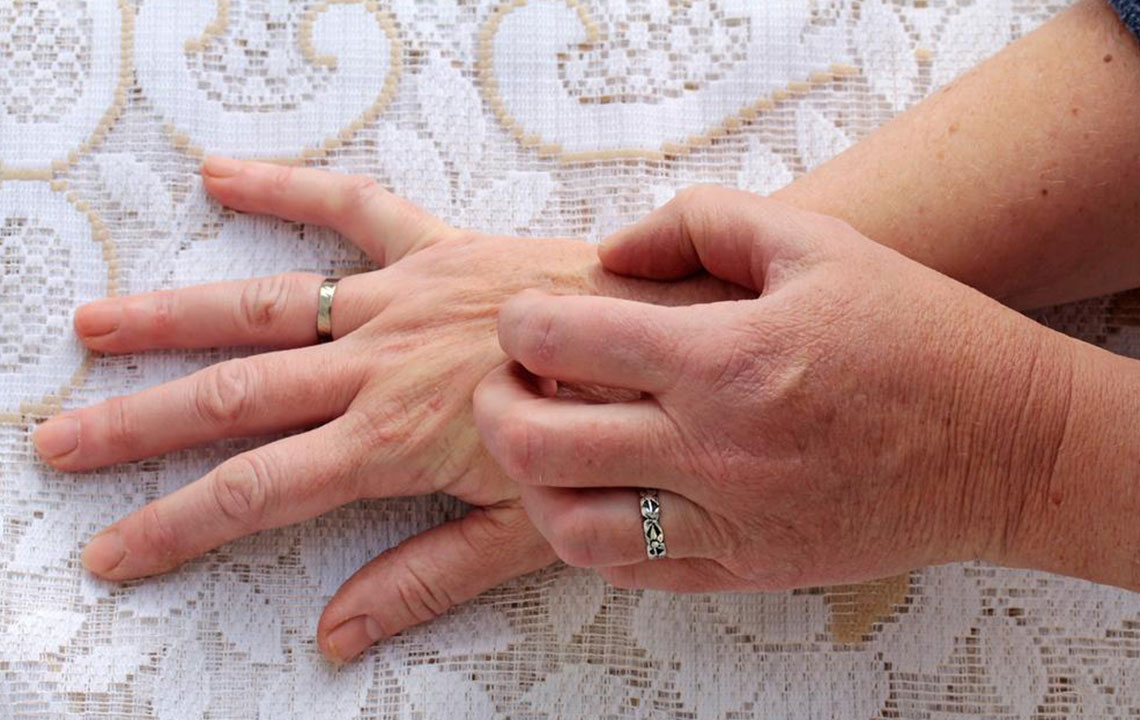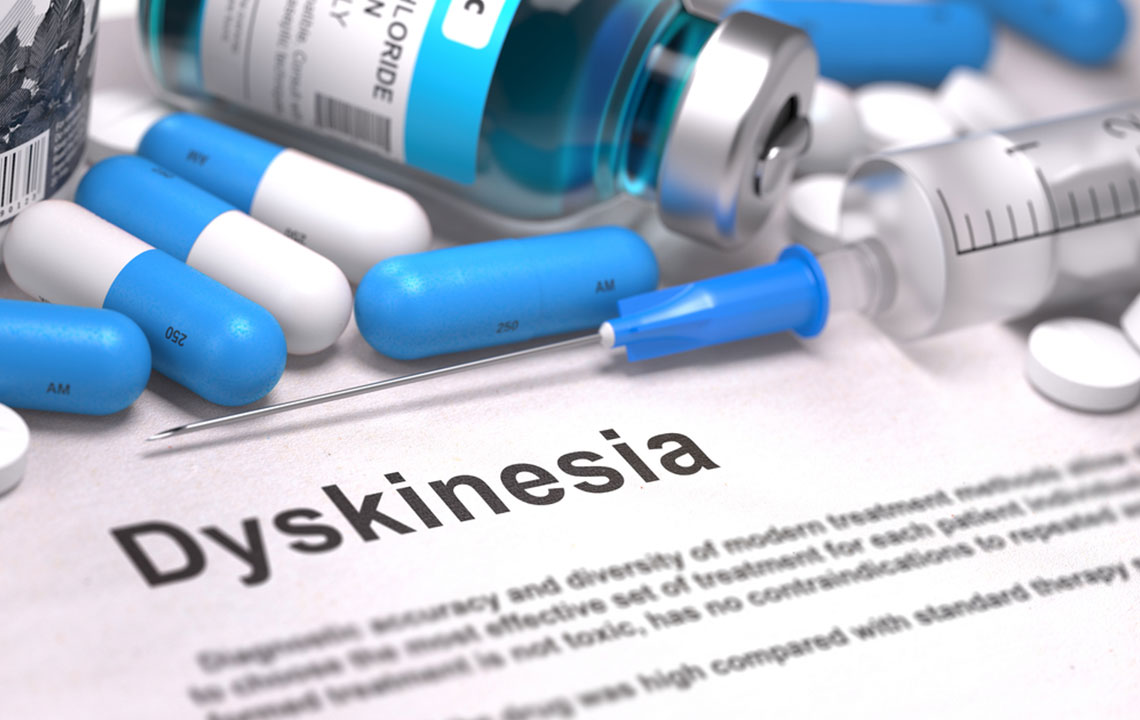Key Signs and Symptoms of Tardive Dyskinesia You Should Recognize
This article highlights the key symptoms and signs of tardive dyskinesia, a neurological disorder often linked to long-term medication use. Recognizing early symptoms like involuntary movements, facial distortions, speech and swallowing difficulties, eye blinking, breathing issues, and mouth movements is crucial for prompt medical intervention. Diagnosis involves tests, but there’s no complete cure—only symptom management. Natural remedies such as Ashwagandha and lifestyle exercises can support treatment. Always consult healthcare professionals for accurate diagnosis and personalized treatment options.

Key Signs and Symptoms of Tardive Dyskinesia You Should Recognize
Neurological conditions can lead to significant health issues, often requiring lengthy and costly treatments, even though many are manageable. One common neurological disorder is tardive dyskinesia, primarily impacting the nervous system and frequently linked to prolonged use of certain psychiatric medications. Recognizing the symptoms early is crucial for timely medical intervention.
Involuntary Rapid Movements
Certain body parts like arms and legs may jerk or twitch suddenly.
Facial Abnormalities
Facial features may appear distorted; issues often involve the mouth and eyes.
Speech Challenges
Patients might struggle with clear speech and communication.
Swallowing Difficulties
Eating and swallowing can become problematic, a common symptom among affected individuals.
Eye Blinking
Rapid or excessive blinking may occur.
Respiratory Issues
Breathing difficulties can develop, requiring prompt medical attention.
Oral Movements
Repetitive mouth actions such as lip smacking, frowning, or tongue protrusion may be observed.
Diagnosis involves laboratory tests and imaging scans. While treatments can alleviate symptoms, there is no cure, and the condition may persist long-term or for life.
Supplementing with vitamins like E or B6 might help, but always consult a healthcare professional first.
Natural remedies, such as Ashwagandha extract derived from Withania somnifera roots, have been traditionally used for management. Simple exercises like stretching can improve well-being and confidence. Consulting a doctor is essential for personalized advice and management.
Important Notice:
The information provided regarding symptoms, diagnosis, and treatment options is for educational use only. It should not replace professional medical advice. Always seek guidance from qualified healthcare providers for any health concerns or conditions.










